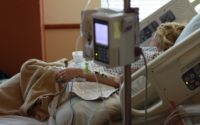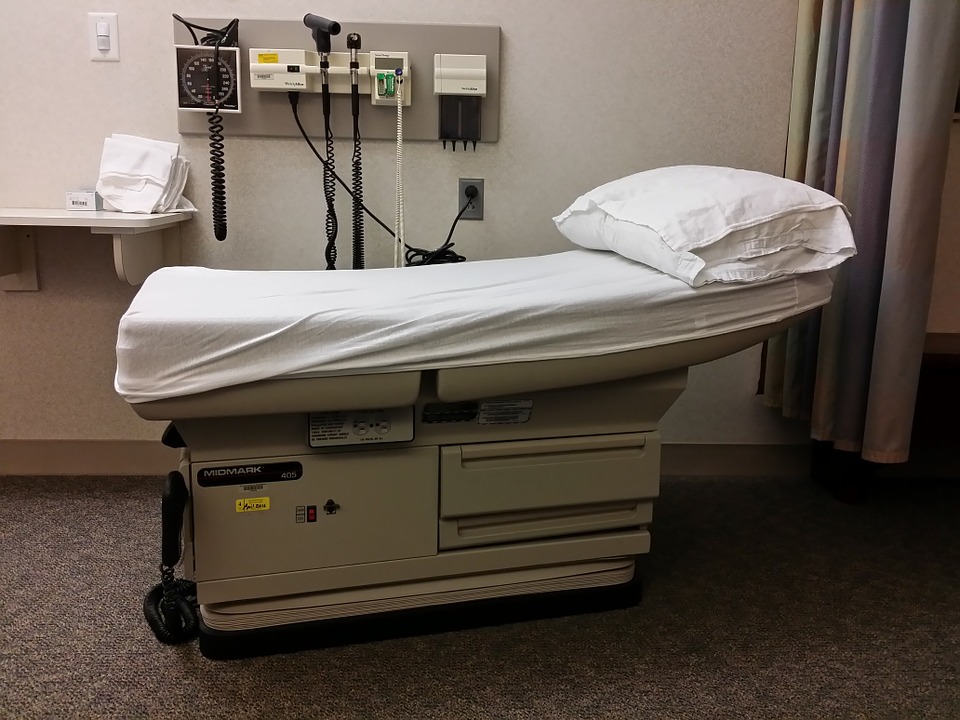Five Types of Software Every Hospital Should Have
These days, hospitals are dynamic. They are informed by the changes in the world. Between the COVID-19 pandemic and other health concerns, hospitals have been forced to accommodate new situations. One of the ways that hospitals are being facilitated is with technology. Med-tech devices have solved all kinds of problems. Beyond the devices, software has become an effective part of hospitals. Below are five types of software every hospital should have.
IT Software
Who would have thought that in 2022 we had to protect the information of patients from malicious online entities? Data is one of the most valuable parts of the modern economy and the information found in hospitals about patients is very sensitive. To protect all this private information, hospitals need an information technology (IT) team. These IT professionals need tools to protect the hospital from malware and hackers. IT software comes in a variety of options. There are plenty of ways to improve the security of the hospital’s network and protect it from malicious entities on the internet.
Data Analysis Software
Beyond protecting patient information, it is always imperative to analyze it. It’s the job of doctors, nurses, administration, and the hospital in general to treat patients to the best of their ability. It is the job of the hospital to make their patients comfortable, keep them calm, and provide the necessary treatment for them to recover and live the best possible life.
To improve treatments and procedures, every hospital should use data analysis software. When you analyze data, you can determine similarities and differences between patients and their ailments. It can help hospitals come up with new ways to treat patients and make them feel comfortable. When you understand the information provided by patients, you can improve their experience.
Chemical Process Simulation Software
The brain and body have a complex array of chemical processes. Pharmaceutical drugs can be synthesized chemically to perform a certain function. When you are treating patients, it is important to have an idea how the chemical process will affect them. A chemical process simulation software will provide insight into the chemical processes of patients’ bodies, the synthesis of drugs, and the impact it has on the patient’s condition. With chemical process simulation software, you can understand processes between chemicals and the human body.
Call-Receiving Software
Hospitals get a lot of calls. It is necessary to filter them through the right channels. Call-receiving software can provide a way for the hospital to direct calls to the right place. If you have an emergency room, those calls aren’t pertinent to another part of the hospital. Urgent care is its own wing. What about the trauma wing? All these parts of the hospital receive their own calls. The right call-receiving software will enable hospital management to properly take calls and direct callers to the right person and part of the hospital. This can up the procedure at the hospital and help staff help patients more effectively.
Administrative Software
With the right administrative software, you can improve the process of intake and sending patients home. So much of the hospital process is having enough beds, rooms, and personnel to care for patients. When you have a streamlined process to handle administration, the rest of the hospital processes will become more efficient and effective. It will keep track of when a person called, entered the hospital, how long they were there, and when they left or were supposed to leave. Good admin software will remove logistical headaches.
Hospitals are some of the most vital institutions you can think of. They treat patients, save lives, and comfort the terminal. Surgeries are performed. Drugs are administered. There are many different types of software to make the hospital more productive and effective. When you are trying to make your hospital the best it can possibly be, you should utilize software of all kinds. Software can help keep the information about patients safe, analyze that information, provide logistical administration assistance, simulate chemical processes, receive calls, and much more. Whatever the hospital, it is imperative to utilize all the tools at your disposal. The right software can greatly improve hospital operations. So, if you’re in health care what are you waiting for?


